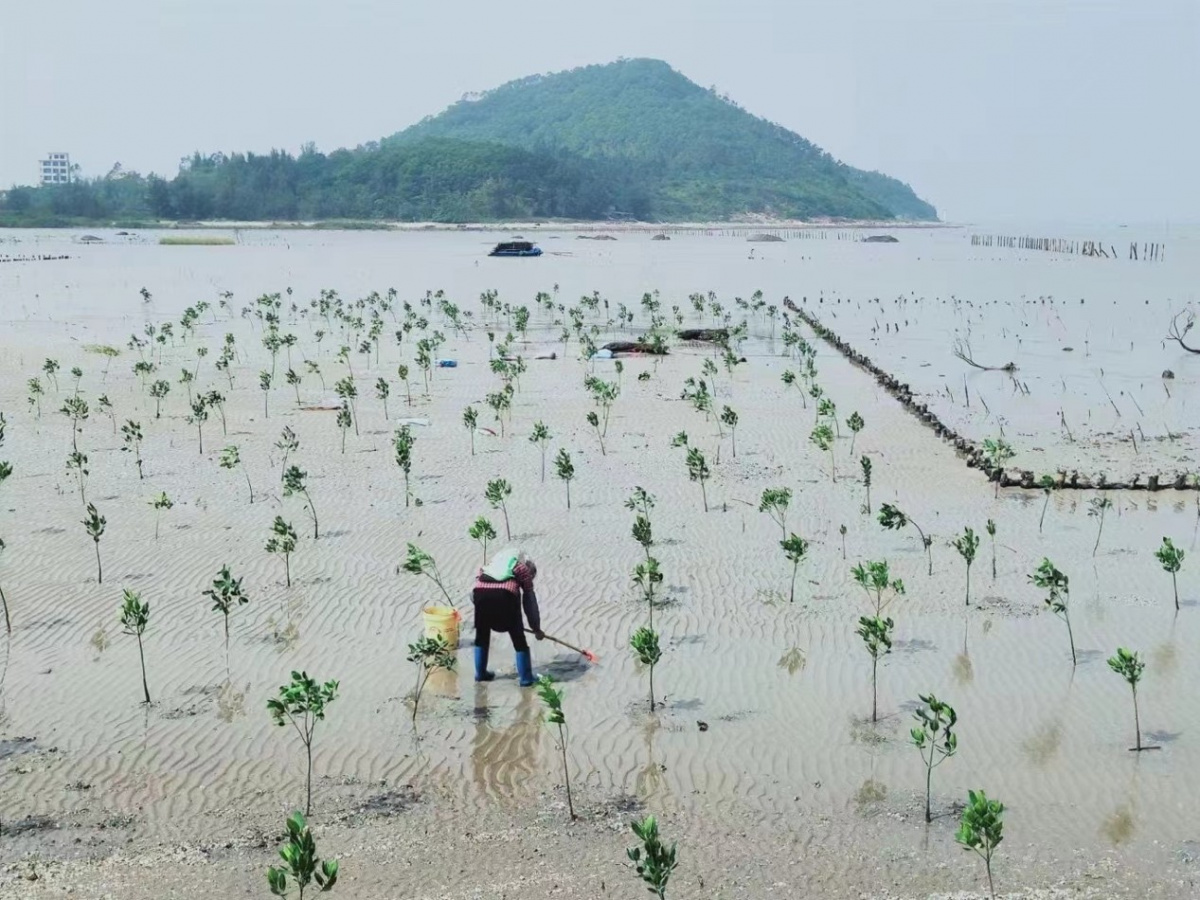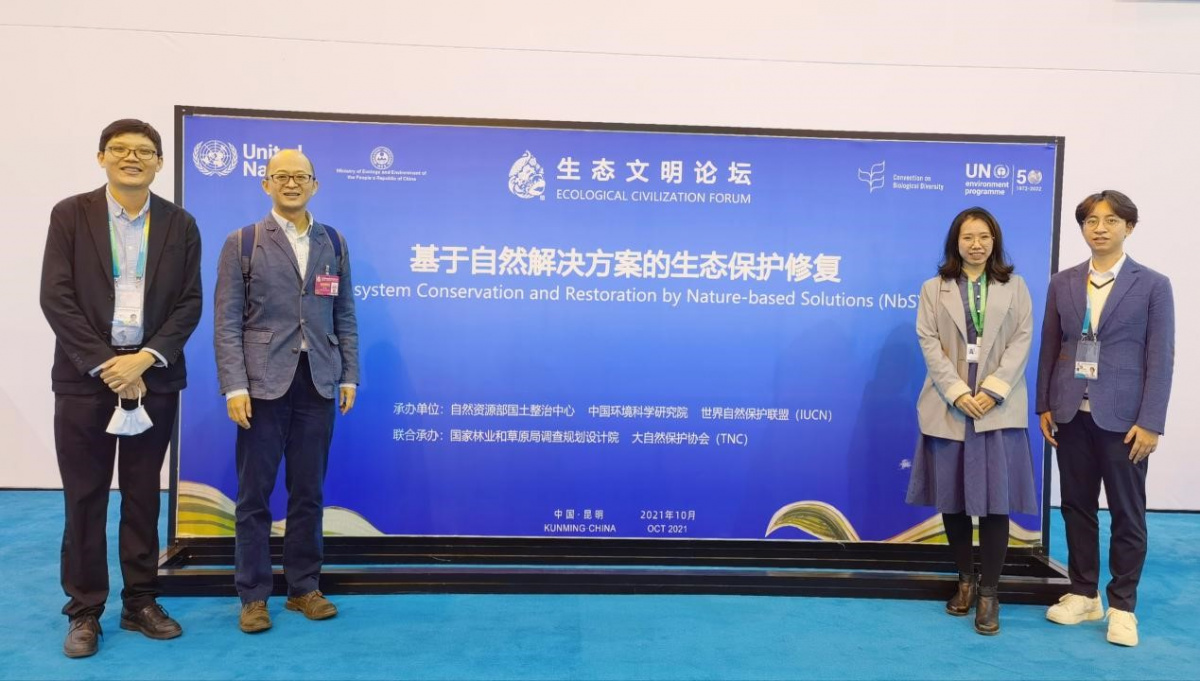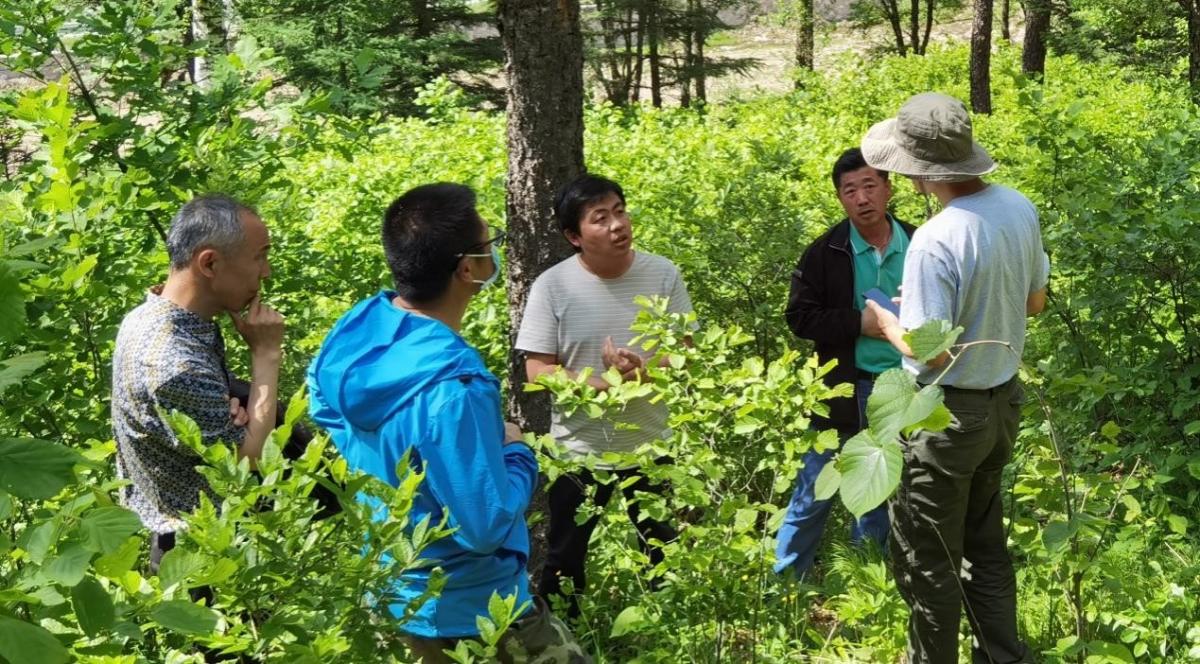Don’t hold REDD hostage in Copenhagen
After good progress in week one, concerns remain that a deal on REDD-plus (Reducing Emissions from Deforestation and forest Degradation) could yet stall on a small number of unresolved issues, or could be sacrificed because of lack of progress in other areas of the bigger deal, says IUCN.
“Don’t hold REDD hostage to the current impasse in the negotiations,” says Stewart Maginnis, Director of IUCN’s Environment and Development Group. “If we are going to stabilize atmospheric concentration of greenhouse gases by 2020 we urgently need REDD-plus up and running as soon as possible.”
Two new reports from IUCN released today underline the importance of REDD-plus in fighting global warming. According to IUCN’s Cost of REDD study forest communities, the environment and businesses can all benefit from REDD-plus.
The study found that in many cases in the Brazilian Amazon and in Indonesia, the financial returns to agriculture and livestock production on recently deforested land are so low that REDD payments would be an attractive option for many landholders.
“This shows that REDD-plus offers a cost-effective avenue to meet greenhouse gas emissions reduction targets while at the same time making a significant contribution to biodiversity conservation,” says Joshua Bishop, Chief Economist at IUCN and co-author of the report.
Despite the potential for forest carbon sequestration to harness vast sums of private capital under a future agreement, markets are not perfect and thus require well designed legal and policy frameworks to provide a reliable and equitable basis upon which forest-based carbon transactions can take place. In order to do this individual countries’ legal frameworks will need to clarify indigenous peoples’ and local community rights to land and trees, promote good governance and ensure a fair distribution of REDD benefits.
In a second report, Legal Frameworks for REDD: Design and Implementation at the National Level, IUCN underlines the importance of coherent and clear national legal frameworks as essential for addressing all of the above issues in both immediate REDD-plus ‘readiness' work and longer-term national REDD strategies.
Of the 38 REDD readiness countries selected by the World Bank Forest Carbon Partnership Facility (FCPF) and UN-REDD funding programmes, roughly 80 percent rank in the bottom half for corruption and voice (cryptic) and accountability criteria according to a recent World Bank survey of 212 countries.
“In the context of both the UNFCCC climate talks and national level preparations, a clear understanding of legal and institutional issues is essential for REDD host country law- and policy-makers as well as their respective negotiators", says IUCN’s John Costenbader, book editor and co-author.
For more information or to set up interviews, please contact:
• Pia Drzewinski, IUCN Media Relations Officer, e pia.drzewinski@iucn.org , m +41 76 505 8865, (in Copenhagen)
• Nicki Chadwick, IUCN Media Relations Officer, e nicki.chadwick@iucn.org , t +41 22 999 0229, m +41 76 771 4208 (in Switzerland)
Editor’s Notes
1. There are two principal costs to REDD – compensating countries and communities that agree to slow the pace of land clearing for agricultural use (opportunity costs) and set up and implementation costs, which include determining who actually owns forest land.
2. Deforestation and land degradation are among the largest sources of global greenhouse gas emissions, accounting for up to 20 percent of total emissions each year – more than the entire transport sector. REDD can make a significant contribution to global efforts to reduce greenhouse gas emissions.
3. Brazil and Indonesia are the two largest emitters of greenhouse gases from the destruction of forests, accounting for 75% of all forest-based greenhouse gas emissions.





